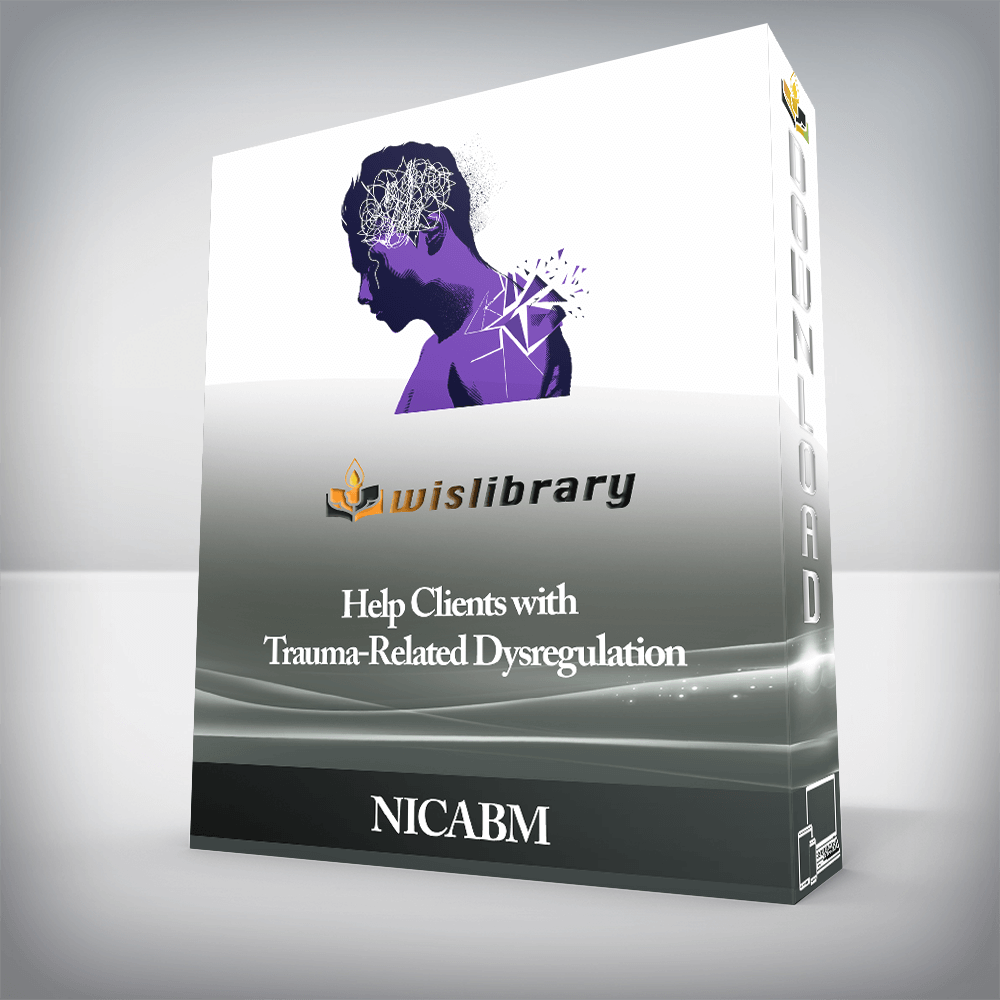

If you work with trauma, you likely see clients who are dysregulated.
That means you know how hard therapy can be when a client is reactive and easily triggered. Not only that, you know how much of a strain that puts on a client’s relationships, their work, and the way they approach the world.
So to help clients widen their window of tolerance more effectively, we need to:
That’s why we brought together four masters in the field of trauma (Bessel van der Kolk, MD, Pat Ogden, PhD, Stephen Porges, PhD, Ruth Lanius, MD, PhD) to get their expert insights on working with trauma-related dysregulation.
You’ll get their best strategies for working with the brain, body, and nervous system to help clients ground in the present, increase their window of tolerance, and process trauma.






| Downloadable videos so you can watch at your convenience, on any device | |
| Audio recordings you can download and listen to at home, in the car, at the gym or wherever you like | |
| TalkBack Segments to distill key ideas (this is where we “land” the session) | |
| Next Week in Your Practice sessions to give you concrete strategies to use with patients | |
| Professionally-formatted transcripts of the sessions, to make review and action simple | |
| Three downloadable bonus videos to help you work more effectively with clients who are dysregulated |
In the TalkBack Session, Ron Siegel, PsyD and Ruth Lanius, MD, PhD join me to dig more deeply into the key ideas. Our job is to make yours easier by streamlining the information and making sure each point is crystal clear. We’ll clarify critical concepts and break it all down so you can gain confidence in your understanding.
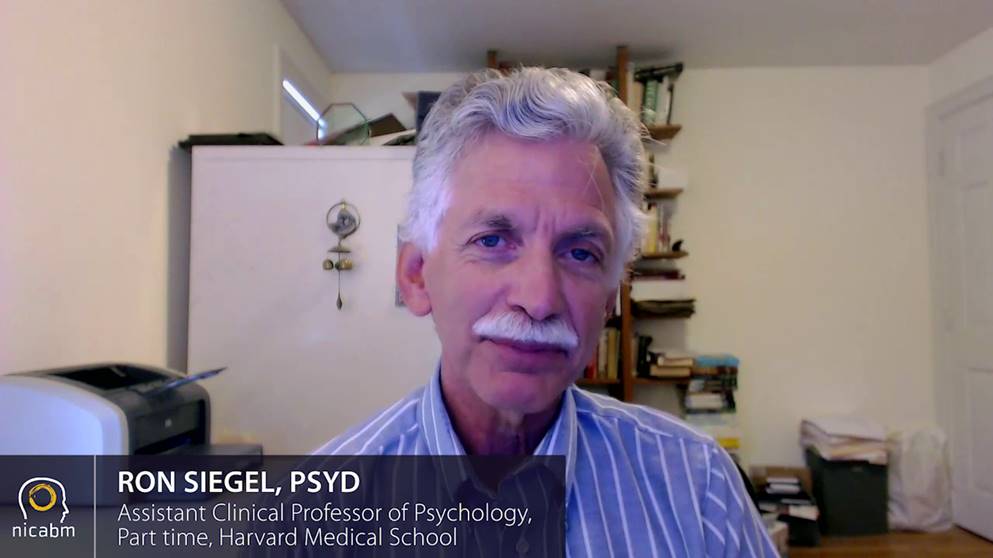
Then, with “next week” in mind, we’ll turn smart ideas into easy-to-use applications for your work. In Next Week in Your Practice, Joan Borysenko, PhD and Bill O’Hanlon, LMFT join me to give you specific practices and exercises based on each session. You’ll get strategies you can use with your clients right away.
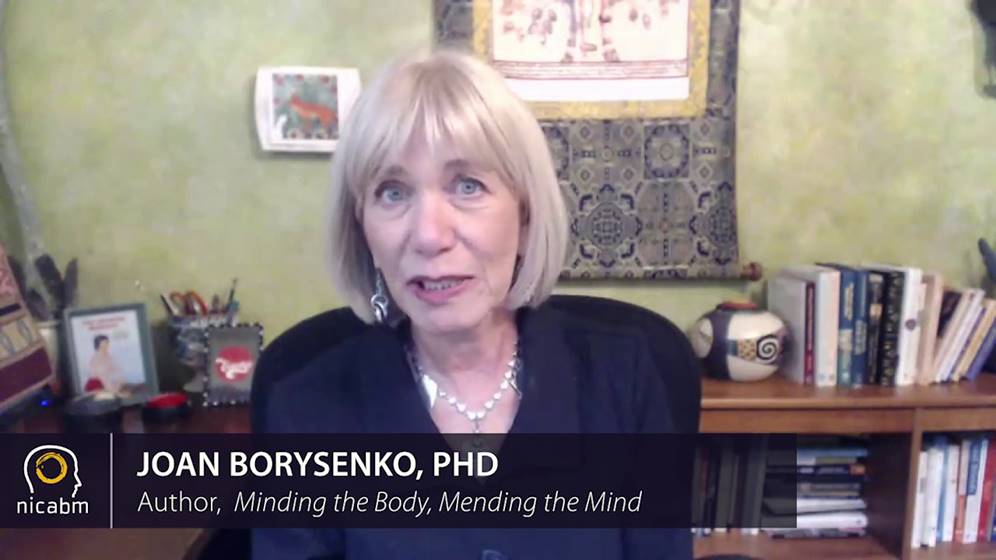
The QuickStart Guide will help you stay fresh and confident as you turn these teachings into action. We’ve gathered all the essential tools and methods from the program into a concise, easy-to-use guide so you can quickly review and apply these ideas when you need them most. It’s an at-a-glance reference to the most powerful concepts and strategies for working with patients who have experienced trauma.
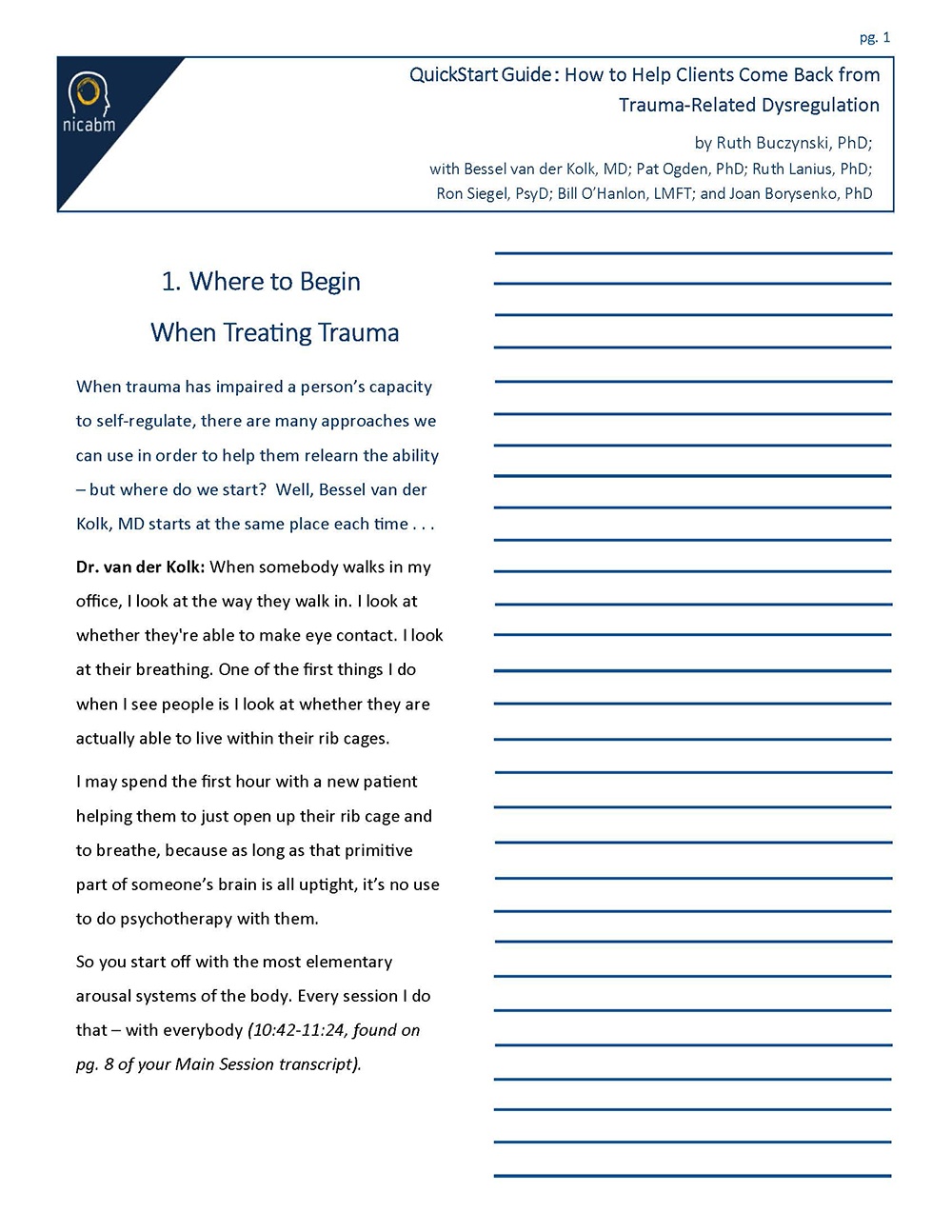
Our Professional Transcript will help you reinforce key ideas so you can integrate them into your life and work. We’ve designed your transcript with an easy-to-use table of contents, clear, organized formatting, and helpful highlight quotes so you’ll have the information and exercises you need at your fingertips.
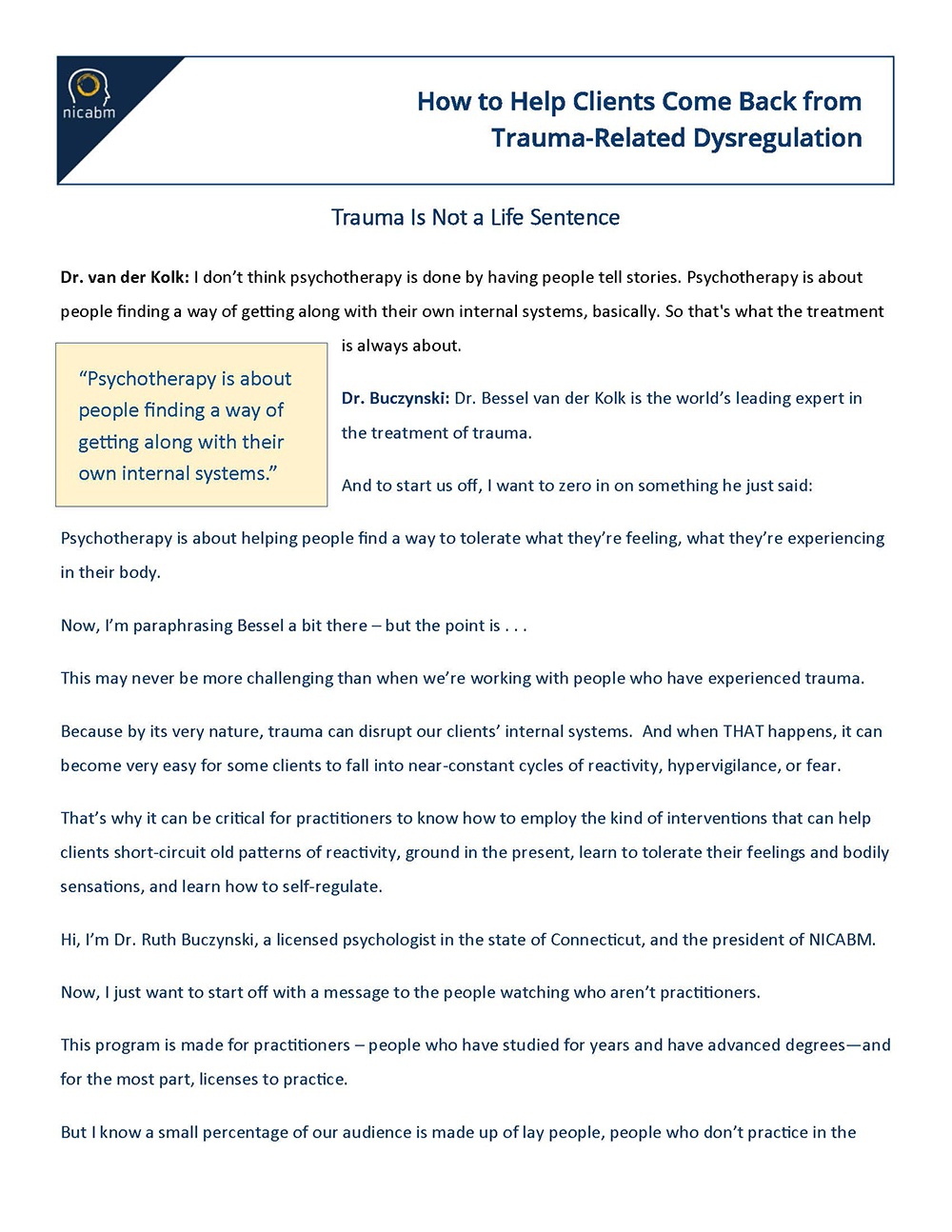

“These seminars have been instrumental in opening my mind and heart to understanding trauma. They are brief and accessible and of such high quality that I’ve been able to glean real understanding and a starting point for further study. I can’t say enough about them. I have recommended them to so many of my colleagues and they say the same things I do about them. Thank you Ruth!”

“I am a soldier, who works with other soldiers and their families (The PTSD Retreat), in reference to PTSD. We, as soldiers, are all taught the very basics of PTSD, in what we call “death-by-PowerPoint,” but it never goes beyond this. Indeed, it is repeated over and over, without change, and it rarely if ever gets to the families. The material covered in here has fully supported my purpose, enhancing my knowledge of the theories behind the actions taken. I am so grateful to have been able to follow this series and look forward to furthering my education with this entity. Thank you”

“These programs offer a broad spectrum of both information and specific guidelines with top experts in different fields of addressing human suffering. All in a very cost effective and practical way. Rather than thousands of dollars spent on the cost of conference I can learn in the comfort of my own home or office, on my own schedule. Certainly recommend any of these series to my colleagues.”

“My clients have been able to build their confidence in their ability to self-regulate on their own in pretty difficult situations, including work and family of origin situations. Their success has then built their self-esteem as they can see that they can be successful in changing some fairly habitual ways of interacting and hurting themselves. It is a positive cycle that builds upon itself”

“I really liked being able to follow along with the transcripts as I listened…it was nice not to feel like I had to take notes. I really feel like I remember more when I both hear and see at the same time.”
There are no reviews yet.
You must be <a href="https://wislibrary.net/my-account/">logged in</a> to post a review.